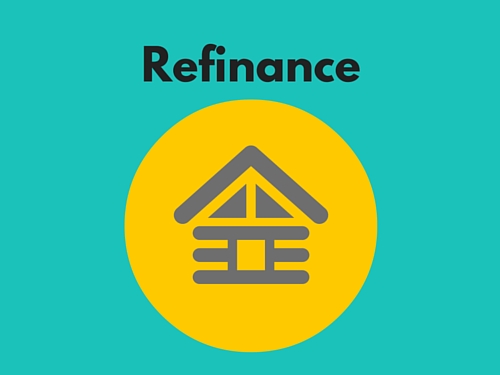Categories
Three questions to ask before you refinance

The home loan market is constantly changing, with new and attractive deals coming up all the time. Refinancing can help you secure a more competitive interest rate, access the equity in your home, add features (such as an offset account) or consolidate your debts, but there are some important questions to consider before you get the ball rolling.
Has my financial situation changed since I first applied for a home loan?
A refinance is effectively a brand new loan application. All of the personal financial data you had to gather the first time around will need to be produced again. The stability of your income stream, your assets, and your credit card debts and other debts and expenses will all be reviewed, and may impact the result of your application.
It’s important to think about your ongoing ability to pay off your loan, particularly if you’re planning on making big changes that will affect your financial situation, such as starting a family or quitting your job to start your own business.
Of course, if you’ve just received a big pay rise or are now an empty-nester, this may also make a difference to your loan application.
Will the refinance really save me money?
Negotiating a lower interest rate or consolidating debts may seem like a financial no-brainer, but the fees associated with switching loans can be hefty, so you need to look at all the costs to work out whether you will really be saving money.
Fixed rate loans can be particularly expensive to exit, and leaving your home loan early will usually see you pay some combination of exit fees, application fees, stamp duty or even legal fees. If you’re borrowing more than 80% of the value of your property, lenders mortgage insurance (LMI) may also be required.
Unfortunately, these fees and costs are not usually transferable from one loan to another, so you may need to pay them again even if you paid them when you took out your original loan.
Am I planning on keeping the property for much longer?
If you plan to sell your property within the next few years, refinancing might be a rather big investment of time and energy for little benefit. Similarly, if you only have a small amount left to pay off your loan, you may want to consider whether it’s really worth going through the process of refinancing for the marginal cost savings you may receive.
Refinancing can help you save some money, but it’s worth considering your plans and options before you decide to go ahead with it. If you need some support working out what’s best for you, contact our in house Mortgage Broker, Linda Hamilton on 03 8393 1000.
Linda Hamilton, Lending & Finance Partner, Paris Financial
